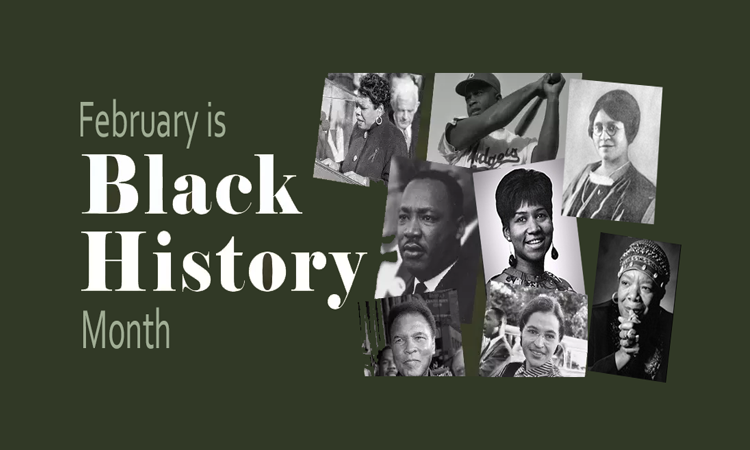
Who is "the father of Black History"? Answer: Carter G. Woodson. Born in 1875, Woodson nationalized the celebration and observance of African American history. The fourth of nine children born to previously enslaved parents, Woodson grew up amidst the poverty and oppression many African Americans faced in the South during the Reconstruction Era. He worked in the fields and coal mines of West Virginia before beginning his formal education at age 20. Believing education was the key to success and freedom, Woodson graduated from high school at age 22 and went on to earn a Bachelor of Literature degree. Over the next 15 years, he became a public school teacher, earned another bachelor's degree and master's degree from the University of Chicago, traveled and studied abroad, and in 1912, completed his Ph.D. in history from Harvard University.
He believed that an appreciation of the historic contributions of Black people would foster pride and challenge racial prejudice. In 1926, Dr. Woodson created a celebratory week as a means to spark an interest in and popularize Black history. He argued that if the history of Black people was studied along with the achievements of others in schools, not only would Black youth develop a sense of pride and self-worth, but racism would also be abolished. He selected the second week of February for the week because it encompassed the birthdays of both Frederick Douglass and President Abraham Lincoln. The celebration became popular in the 1940s and expanded to a month in 1976 to coincide with the nation's bicentennial. Article based on a Winter 2020 National Park Foundation, Our Parks, newsletter.
During the month of February you may want to visit the Brown v. Board of Education National Historic Site in Topeka, Harriet Tubman Underground Railroad National Historical Park in Maryland, Little Rock Central High School National Historic Site in AR., or Maggie L Walker (first African American woman to found a bank in America) National Historic Site in Virginia to name a few. Virtual tours may be available.